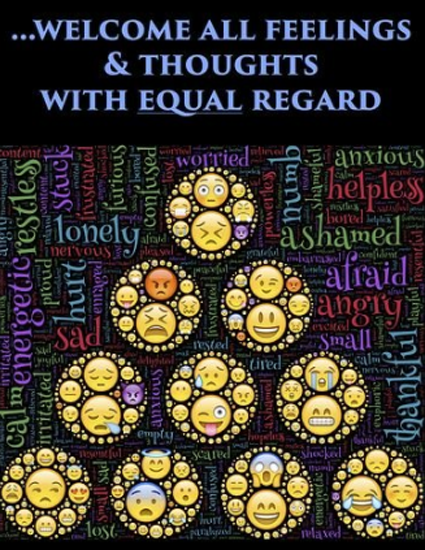Problem Feelings
Here is a list of feelings that may be difficult for people with problem behaviors such as drug abuse or excessive drinking. There are many words to describe feelings. Some are big, some are small. And some have similar meanings but do vary slightly. Identify Your Feelings Identifying the wordsContinue Reading










